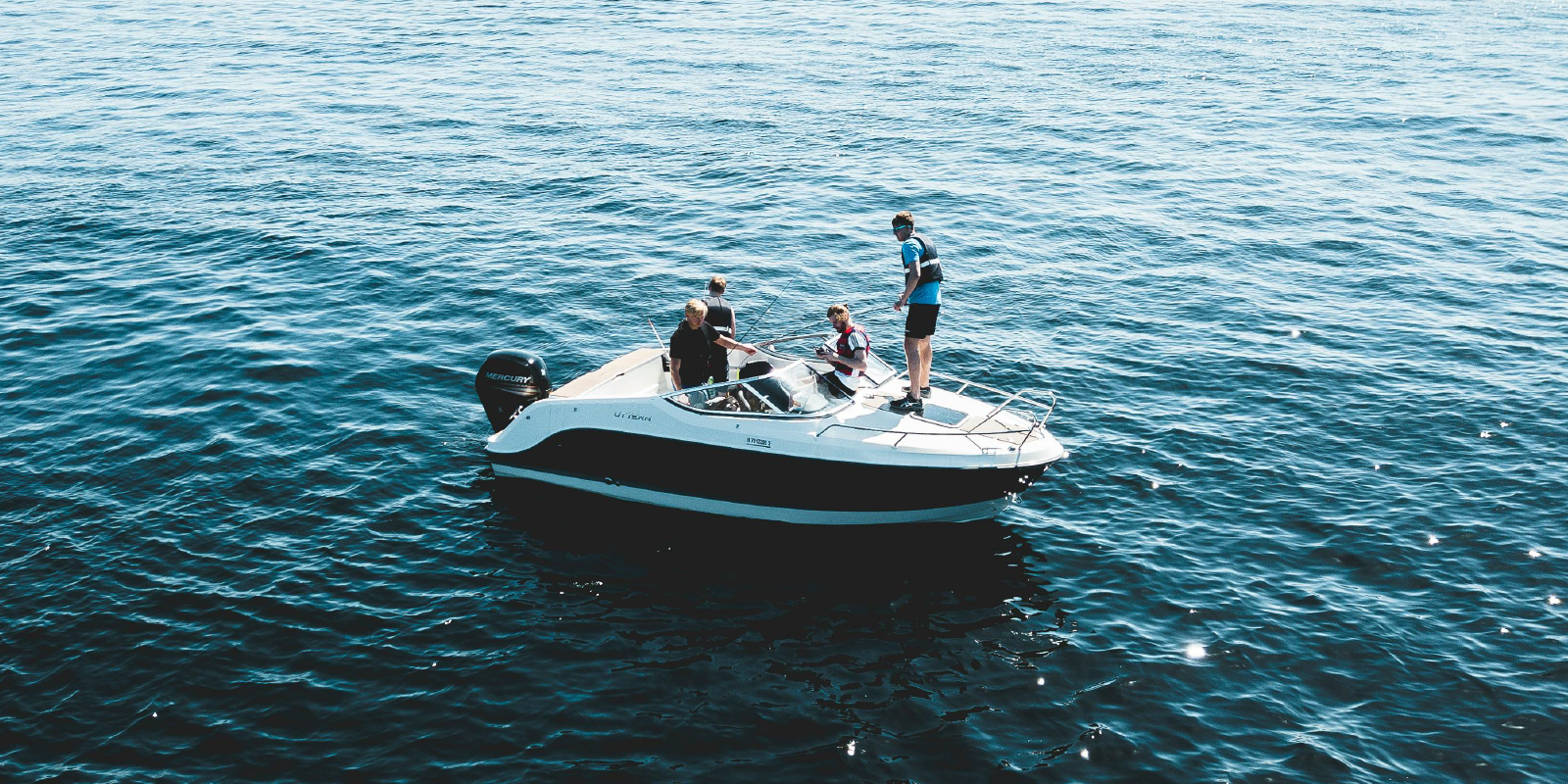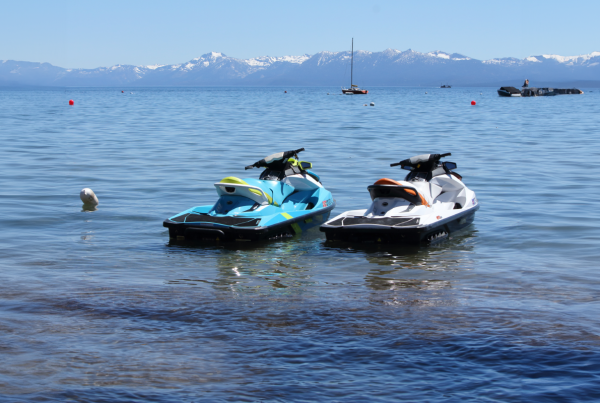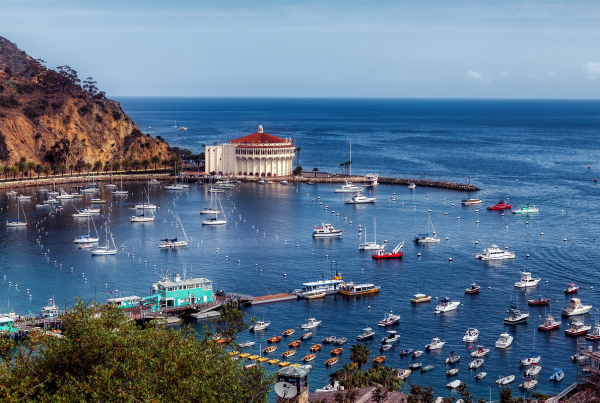Boating accidents can occur due to various factors. Understanding common causes, knowing boating safety tips, and being aware of regulations in California and Arizona are crucial. Additionally, having the right gear and legal knowledge can prevent mishaps and ensure proper recourse for victims. Fielding Law is prepared to assist boating accident victims with compassion and expertise in navigating their legal journey.
Common Causes of Boating Accidents
Boating accidents can occur due to various factors, often stemming from negligence or lack of awareness.
- Lack of boater education and training
- Operating under the influence (OUI) of alcohol or drugs
- Speeding and reckless boating behavior
- Inclement weather conditions and visibility issues
- Collisions with other boats or fixed objects
Safety Regulations in California and Arizona
There are specific boating requirements and restrictions that boaters must adhere to. Here are some key points for each state:
California:
- Boating Education: California has mandatory boater education requirements for certain age groups. Boaters born on or after January 1, 1988, are required to complete a boating safety course approved by the California State Parks Division of Boating and Waterways.
- Alcohol Limits: Boaters are subject to alcohol limits and penalties for boating under the influence (BUI) similar to driving under the influence (DUI) laws.
- Speed Limits and No-Wake Zones: There are designated speed limits and no-wake zones in specific areas to ensure safe boating practices and protect wildlife and property.
Arizona:
- Boating License: Arizona requires boaters to have a boating license if they were born on or after January 1, 1986, and operate a motorized watercraft of 10 horsepower or more.
- Safety Education: Boaters in Arizona may need to complete a boating safety education course, depending on their age.
- Boating Under the Influence (BUI): Arizona has strict BUI laws with severe penalties, similar to DUI laws for motor vehicles.
- Navigation Rules: Boaters must follow navigation rules and markers to ensure safe navigation and prevent collisions on the water.
- Personal Flotation Devices (PFDs): Arizona requires every passenger onboard a vessel to have access to a wearable personal flotation device (PFD).
The Importance of Boating Safety Gear
Here are the essential safety gear requirements for boaters and passengers in both states:
California:
- Personal Flotation Devices (PFDs): Must have at least one US Coast Guard-approved wearable PFD (life jacket) for each person onboard. Children under 13 years old must wear a PFD while the vessel is underway unless they are below deck or in an enclosed cabin.
- Fire Extinguishers: Boats with enclosed fuel compartments or compartments where flammable or combustible materials are stored must have a US Coast Guard-approved fire extinguisher onboard.
- Navigation Lights: Boats operating between sunset and sunrise or during periods of reduced visibility must display navigation lights that comply with US Coast Guard requirements.
- Sound-Producing Devices: Boats less than 39.4 feet in length must carry a whistle, horn, or other sound-producing device to signal situations where visibility is limited.
- Visual Distress Signals: Boats operating on coastal waters, the Great Lakes, or waters more than two miles wide must carry visual distress signals approved by the US Coast Guard. This requirement applies to boats less than 16 feet in length if used on coastal waters.
Arizona:
- Personal Flotation Devices (PFDs): Arizona law requires every person onboard to have access to a wearable PFD that is US Coast Guard-approved and appropriate for their weight and size. Children 12 years old and younger must wear a PFD while the vessel is underway.
- Fire Extinguishers: Motorized boats with enclosed fuel compartments or enclosed living spaces must carry a US Coast Guard-approved fire extinguisher.
- Navigation Lights: Boats operating between sunset and sunrise must display navigation lights as required by US Coast Guard regulations.
- Sound-Producing Devices: Boats must carry a whistle, horn, or other sound-producing device to signal intentions or warnings.
- First Aid Kit: While not mandated by law, having a well-equipped first aid kit onboard is highly recommended for emergencies.
Legal Options for Victims
Victims of boating accidents have legal rights and options to pursue compensation for their injuries and losses. These may include:
- File insurance claims for medical expenses and property damage
- Seek damages for pain and suffering
- Hold negligent parties accountable through legal action
Why Hire Fielding Law?
 Fielding Law combines compassion and expertise to provide comprehensive legal support for boating accident victims. With a track record of success in personal injury cases, our team is dedicated to ensuring that victims receive the compensation and justice they deserve. Contact Fielding Law at 833.88.SHARK to schedule a consultation and get the help you need.
Fielding Law combines compassion and expertise to provide comprehensive legal support for boating accident victims. With a track record of success in personal injury cases, our team is dedicated to ensuring that victims receive the compensation and justice they deserve. Contact Fielding Law at 833.88.SHARK to schedule a consultation and get the help you need.
Note: Information provided is for educational purposes and does not constitute legal advice. Always consult with a qualified attorney for legal concerns.






